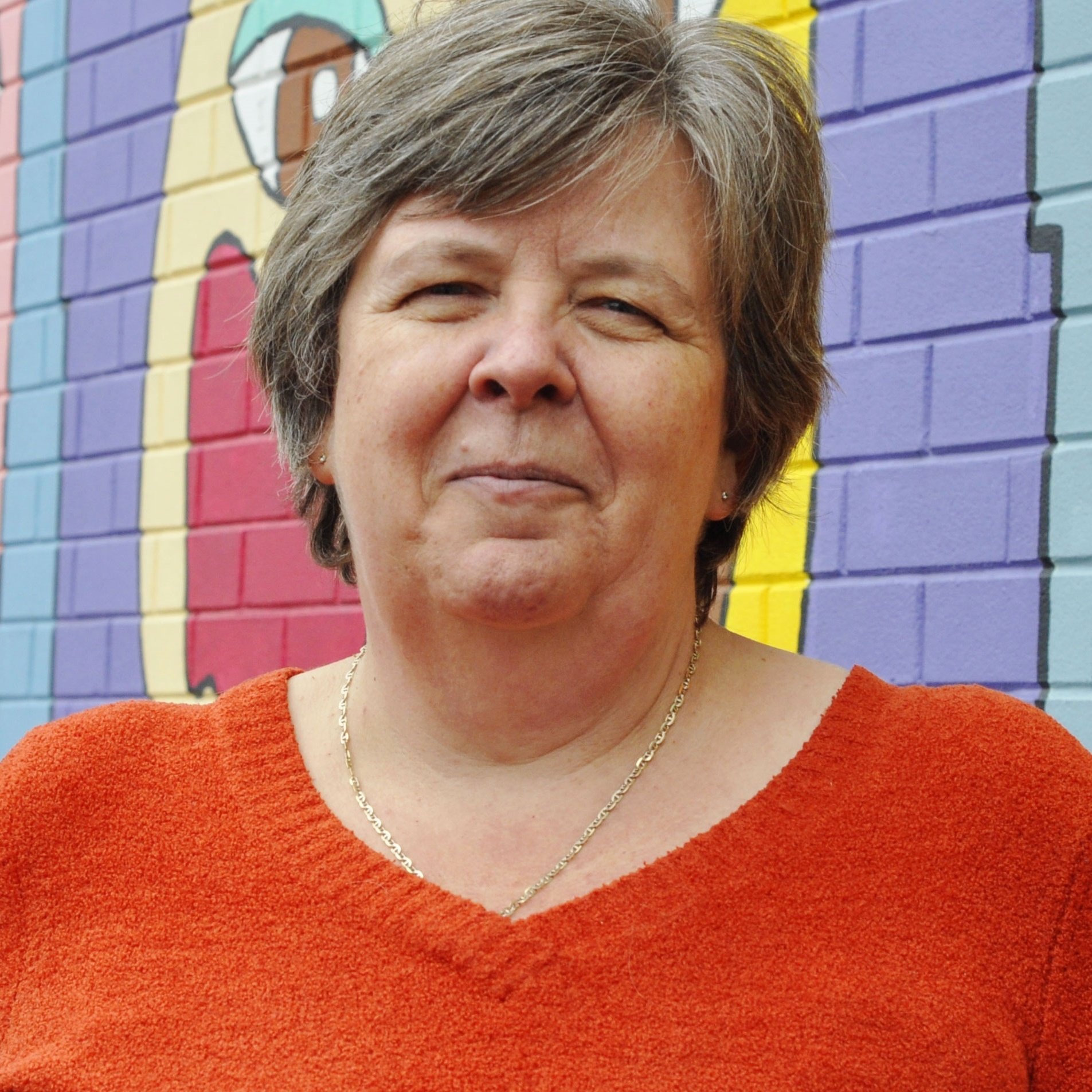Engaging unusual partners is integral to successful Collective Impact efforts. The fresh perspectives these partners bring offers an opportunity to gain a richer perspective of your community and the issue you are hoping to impact. And, their connections and endorsement of the work of a Collective Impact effort can be tremendously valuable in advancing your efforts more quickly.
 While the "why" of engaging new partners is clear, one of the challenges of working collaboratively is that most of us move too quickly to "doing" the work and, as a result, spend little time scanning to identify and connect with unusual partners in the community.
While the "why" of engaging new partners is clear, one of the challenges of working collaboratively is that most of us move too quickly to "doing" the work and, as a result, spend little time scanning to identify and connect with unusual partners in the community.
When communities are working to shift complex issues like poverty, homelessness, the environment, etc. the shared wisdom of diverse partners is essential. The challenge with engaging unusual partners those we don't know well and/or may not feel as knowledgeable about is that we may feel unsure or uncomfortable about how best to approach them. However, experience has shown that it is these unusual partners can be pivotal to successful collective impact efforts because of the fresh perspectives and additional resources they can bring.
I have recently been giving a lot of thought to "how" best to do this work of connecting with unusual partners and sharing concrete ideas and opportunities about meaningfully engaging other sectors, government, citizens and the business community in Collective Impact efforts and summarizing them in a series of blogs. I have shared highlights from the first two of what I hope will become a blog series that takes a focused look at the challenges and opportunities of engaging a diversity of unusual partners in collective impact efforts.
Unusual Partner #1 - Volunteer Centres
Volunteer Centres do not exist in every community, however where they do, I know that they can play a pivotal role in collaborative and collective impact efforts.
One of the core functions that a Volunteer Centre undertakes in a community includes recruiting volunteers and matching them with community opportunities. These centres are also experts in building local capacity for effective volunteer programs. At a recent presentation to the Corporate Council of Volunteer Canada, I also learned that currently many centres are also engaged in employer supported volunteer initiatives which makes them a great source of connection to the community's business sector.
Unusual Partner #2 - The Campus
A Campus includes the administrative staff, faculty, decisionmakers, individual students and student groups that can be found on college and university campuses across Canada, the US and internationally. These large institutions can be complex and dynamic environments themselves.
Many campuses in Canada have specific departments that act as a broker between the campus and the community environments. Before engaging with your campus partner, do your homework and investigate whether this brokering function exists. For example, the University of Toronto has established a Centre for Community Partnerships and McMaster University recently appointed a new Director of Community Engagement.
Beyond the typical examples highlighted above, there is a growing force of community service learning initiatives that bring together students from various programs to contribute their learning and skills to community. The University of Alberta is one example.
Less typical is the engagement of the campus around a collective impact initiative or a policy change agenda. Over the last three years, Carleton University in Ottawa and a variety of campus and community partners have been engaged in a seven year Social Sciences and Humanities Research Project (SSHRC) that is specifically examining how to permeate the campuscommunity walls to move the needle on policy and systems change. This initiative, known as Communities First: Impacts of Community Engagement Initiative, is generating many interesting lessons including the many challenges that exist in both environments to grow strong collaborative relationships.
Communities may also wish to go beyond the teaching research aspects of community campus engagement to consider the potential opportunities provided by endowment investments offered to support such partnerships. For example, University of Winnipeg has a not for profit organization that has been tasked with making the university a contributor to sustainable community renewal. They also take very community led approaches to CSL and research.
My blog, Dancing with Unusual Partners (Part 2) - The Campus includes a table, drawn from a presentation about the campuscommunity partnership developed for the recent CU Expo in Ottawa, that offers some considerations for both campuses and communities when assessing the risk and reward of collaboration.
My hope is that these insights will accelerate the effectiveness of engaging unusual partners and incorporating their knowledge and wisdom into how Collective Impact efforts are implemented.





